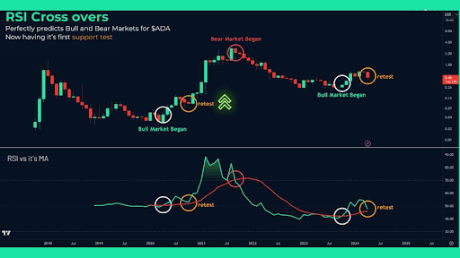Kraken Required to Provide Data on User Transactions Higher Than $20K to the IRS
A Californian court required Kraken to provide information on users who executed crypto deals for the equivalent of $20,000 or more between 2016 and 2020 to the IRS. The order comes amid growing concerns of strict cryptocurrency regulations coming for the United States.
‘John Doe Summons’ for Kraken
A federal court in the northern part of California gave the IRS permission to obtain information about crypto transactions completed by Kraken’s users. Following the so-called ‘John Doe summons’ operation, one of the leading crypto exchanges had to provide data about its customers who made the equivalent of $20,000 or more in one year for the period between 2016 and 2020.
IRS Commissioner Chuck Rettig explained the agency’s move saying that the US authorities aim to investigate a ”ascertainable group or class of verifiable persons” who have failed to comply with tax returns and internal tax laws:
”This summons from John Doe is part of our effort to uncover those who are trying to bypass the reporting and avoid paying their fair share.”
Additionally, Acting Deputy Attorney General David Hubbert of the Justice Department’s Taxation Division, specified that tax collection is vital and every individual should do it:
”Those who deal with cryptocurrency must meet their tax obligations like any other taxpayer.”
Despite the court requirements which Kraken will meet, the United States-based cryptocurrency exchange platform was not suspected to have done anything wrong.
Crypto Regulations in The US
The IRS crackdown appears like the United States is tightening the regulatory grip on the crypto space as Kraken’s CEO predicted last month. CryptoPotato reported when Jesse Powell asserted that the government might finally implement a legislative framework on the industry.
Moreover, the executive explained that the exponential growth of Bitcoin and many of the other altcoins have caught the attention of global watchdogs. In his statement, Powell was especially worried about FinCEN’s proposal suggesting that people holding cryptocurrencies in private digital wallets need to verify their identities if they make transactions worth $3,000 or more:
”Something like that can really hurt crypto and kind of kill the original use case, which was to just make financial services accessible to everyone.”
Featured Image Courtesy of Accounting Today


